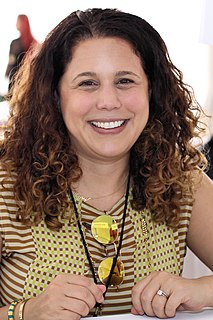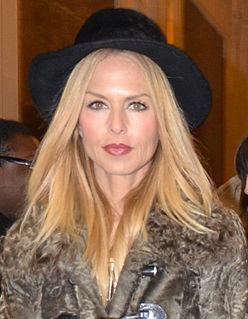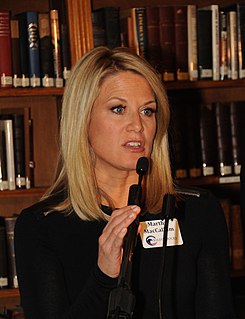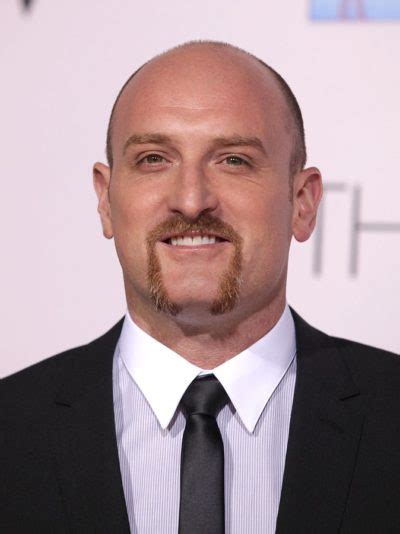A Quote by Michael Wolff
Two opposite and instructive figures in U.S. journalism during the Trump years are Gerard Baker, editor of the Wall Street Journal, and Martin Baron, editor of the Washington Post.
Related Quotes
One of the good things is the relationship between director and editor used to be more contentious. Studios used to leave directors alone more during the post production process and now they're clamoring to get in. So, the director and the editor end up teaming up sort of against the studio to fight what they're doing and you lose the creative tension that you used to have between an editor and a director.



































